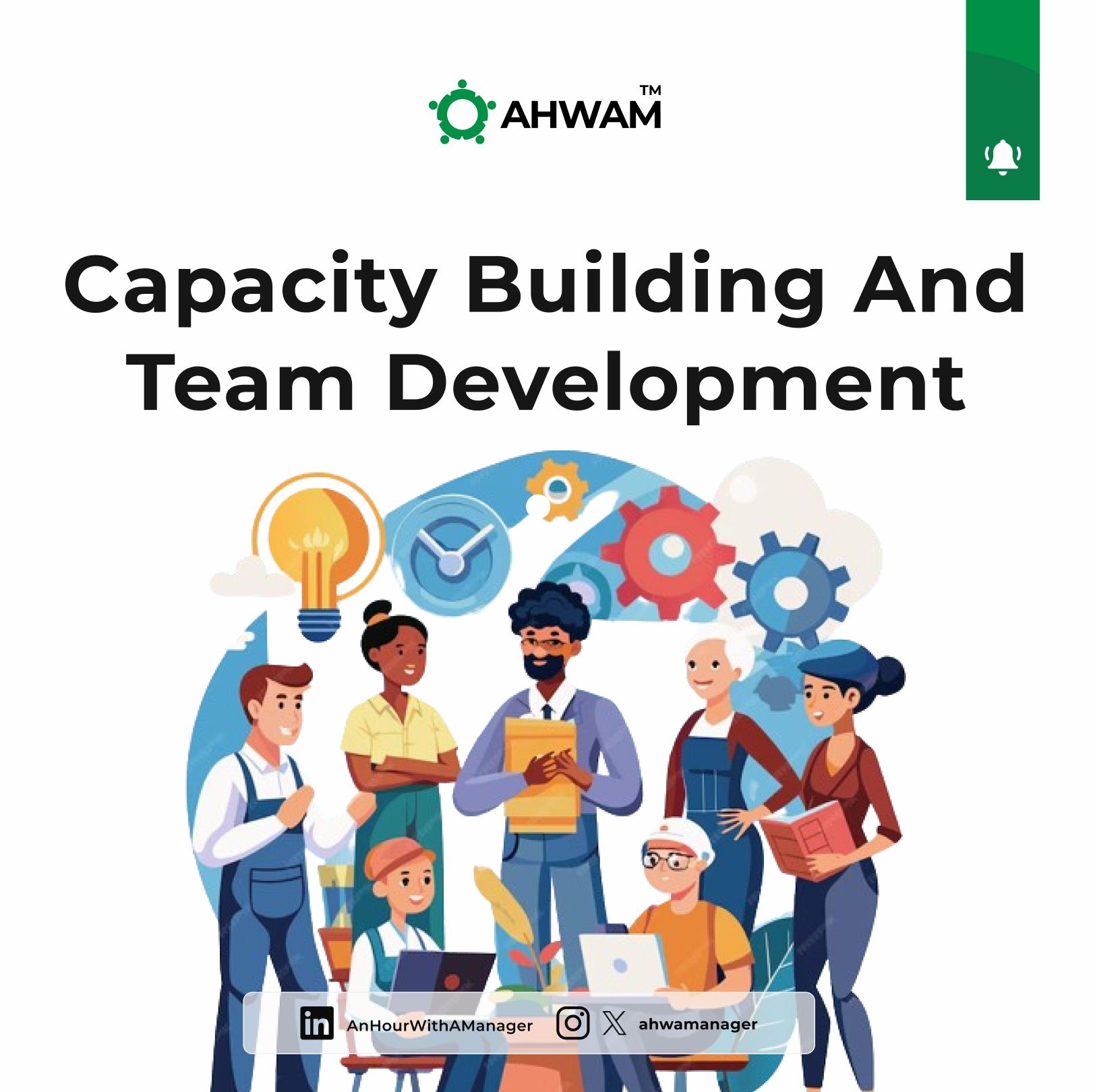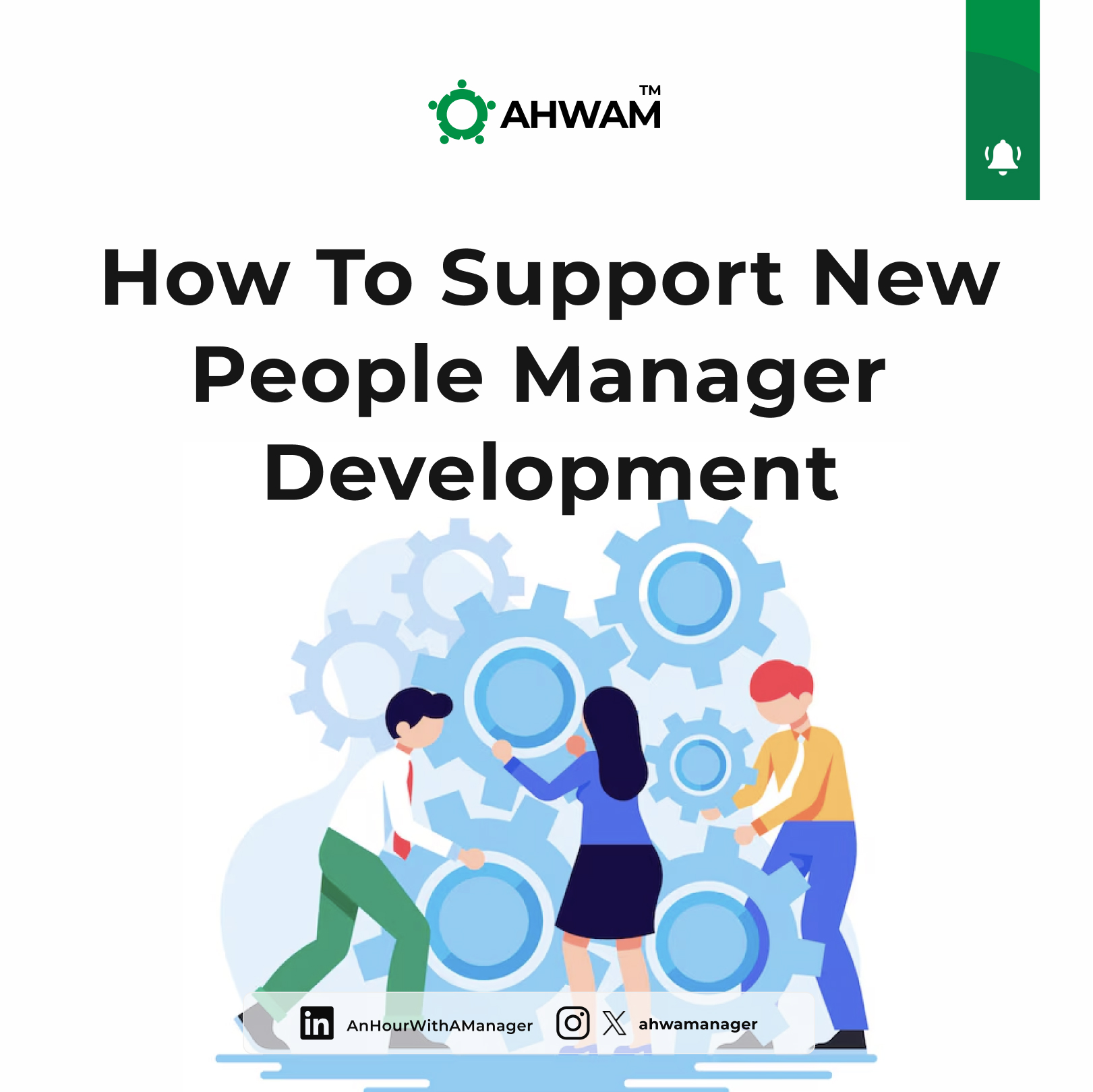In a world where organizations are increasingly recognizing the power of human capital, the importance of capacity building and team development cannot be overstated. A recent discussion delved into the intricacies of fostering a thriving work environment, highlighting the pivotal role of employee engagement, effective management, and a positive organizational culture.
Our guest speaker, a seasoned HR professional, brought a wealth of experience to the conversation, emphasizing the need for open communication, understanding individual strengths, and investing in continuous learning to enhance team performance and retention.
The Foundation of Strong Teams
The discussion underscored the significance of employee engagement as the cornerstone of successful teams. By creating an environment where employees feel valued, listened to, and empowered, organizations can unlock their full potential. Effective communication was highlighted as a key factor in building trust and fostering collaboration among team members.
Moreover, the importance of understanding individual strengths and passions was emphasized. By aligning employees' skills with their roles, organizations can create a more engaged and productive workforce. The guest speaker also stressed the value of diversity within teams, emphasizing that different perspectives and experiences contribute to innovative solutions and problem-solving.
Strategies for Capacity Building
To build high-performing teams, organizations must invest in capacity building initiatives. The discussion explored various strategies, including conducting training needs assessments, implementing 
Furthermore, the importance of fostering a positive organizational culture was emphasized. By creating a supportive and inclusive environment, organizations can attract and retain top talent. The guest speaker shared insights on how to build trust, encourage open communication, and empower employees to take ownership of their work.
The Role of Leadership
Effective leadership is essential for driving team development and success. The discussion highlighted the importance of mentoring and coaching employees, providing them with guidance and support as they grow in their roles. Leaders who inspire and motivate their teams can create a lasting impact on organizational performance.
Additionally, the role of leadership in building resilience and adaptability was discussed. In today's rapidly changing business landscape, it is crucial for leaders to equip their teams with the skills to navigate challenges and embrace opportunities.
Conclusion
Building high-performing teams is a continuous journey that requires a holistic approach. By prioritizing employee engagement, effective management, and a positive organizational culture, organizations can create a thriving work environment where individuals can flourish. The insights shared in this discussion provide valuable guidance for leaders and HR professionals seeking to enhance team performance and achieve long-term success.
Summary
By implementing the strategies outlined in this blog post, organizations can invest in their employees' growth, foster innovation, and ultimately achieve their business objectives. Remember, a strong team is built on a foundation of trust, collaboration, and shared purpose.










